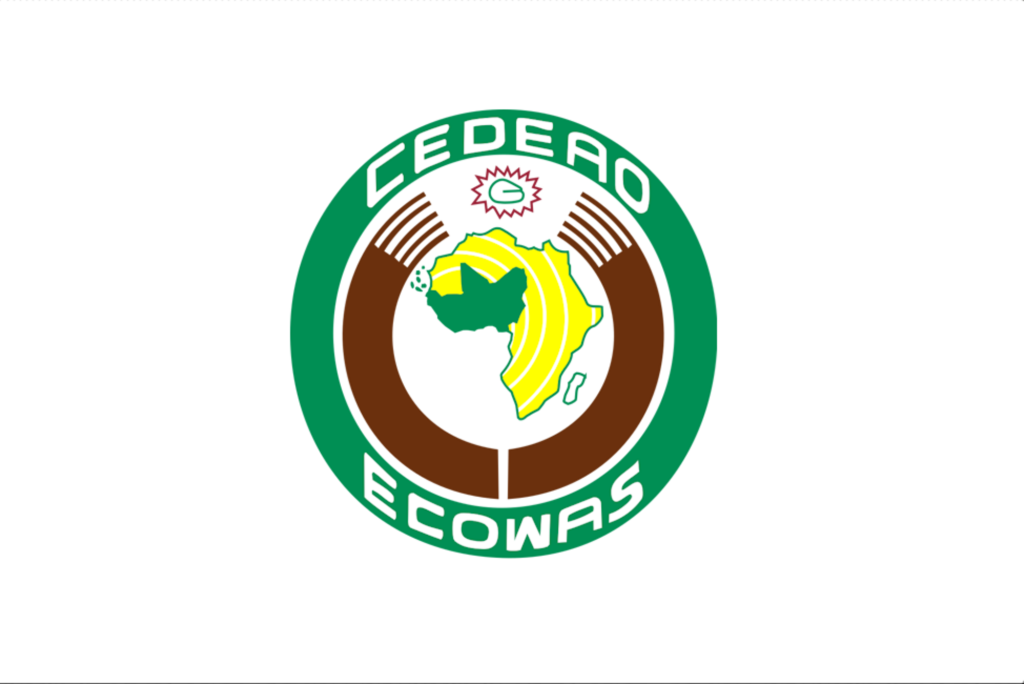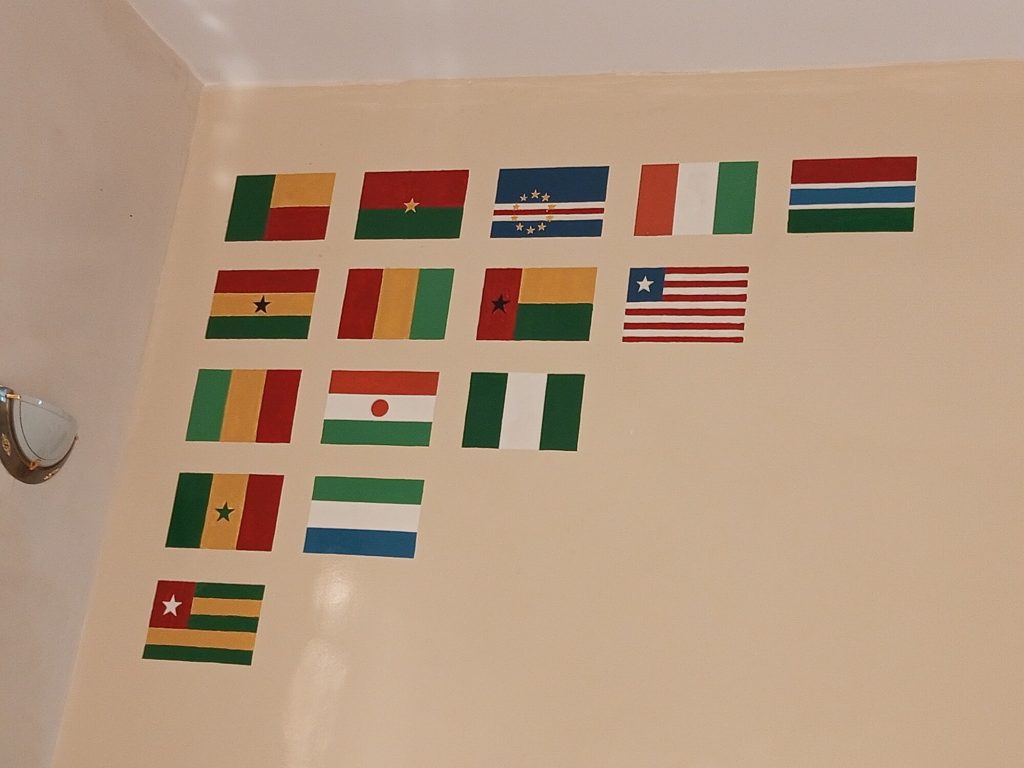
The Economic Community of West African States (ECOWAS) is a regional political and economic union made up of fifteen countries located in West Africa, established with the goal of fostering cooperation and economic integration across the sub-region. Since its formation in 1975 through the Treaty of Lagos, ECOWAS has played a crucial role in promoting peace, stability, and economic development among member states. The organization operates through various organs and institutions that implement its policies and ensure regional collaboration. Despite its numerous achievements, ECOWAS continues to face significant challenges, ranging from political instability in some member states to limited infrastructural development and economic disparity. In this blog, we will explore the aims and objectives of ECOWAS, delve into its history, examine the organs of ECOWAS, and analyze the problems and challenges facing ECOWAS today.
Table Of Contents
At the end you should know the following:
- Introduction
- Meaning of Ecowas
- Formation Of ECOWAS
- Members Countries of ECOWAS
- Aims and objective of ECOWAS
- Organs Of ECOWAS
- Problems of ECOWAS
- Conclusion
- Revision questions
Meaning of ECOWAS
ECOWAS stands for the Economic Community of West African States. It is a regional organization established to promote economic integration, political cooperation, and collective self-sufficiency among West African countries. Formed on May 28, 1975, with the signing of the Treaty of Lagos, ECOWAS aims to create a single large trading bloc in West Africa to raise the living standards of its people and contribute to the progress and development of the African continent.
Formation: Economic community of west African states (ECOWAS) was formed properly to promote corporation, development and economic integration of the West African sub region.
A concrete step toward the establishment of ECOWAS was taken with the agreement in May, 1975 to set up an economic grouping in the west African sub-region. The idea was mooted by the then Nigeria head of state and the togolese president. The aim is not only for the expansion of trade within the sub region but also for corporation in other areas, e.g, communication and culture.
On 28 May, 1975, the representatives of 15 west African Nations signed the treaty establishing ECOWAS with headquarters in Lagos, Nigeria while the seat of the operation of the fund is in Lome, Togo. Later, economic community admitted Cape Verde as the 16th member. Meanwhile, mauritania opted of ECOWAS in the year 2000.
ECOWAS Member Countries

- Nigeria
- Ghana
- Senegal
- Niger
- Burkina Faso
- Cape Verde
- Benin Republic
- Cote d’Ivoire
- Liberia
- Togo
- Mali
- Guinea-Bissau
- Sierra Leone
- The Gambia
- Guinea
Aims and objectives of ECOWAS
The treaty establishing ecowas provided the aims and objectives of ECOWAS community as:
- To expand trade: To expand trade among countries by widening the markets in the region.
- Improvement of transportation: To improve the Transport and communication system, i.e, infrastructural facilities.
- Free movement of factors of production: To ensure free movement of factors of production to member states by removing every obstacle.
- To promote economic co-operation and development: To promote economic co-operation and development in the fields of industry, agriculture, science, etc.
- To maintain Economic and political stability: Another Aims of ECOWAS is to maintain Economic and political stability in the sub region.
- Harmonise the agricultural policies: To harmonise the agricultural policies and to promote joint projects in the area of research.
- To Foster closer relations among member countries: To foster closer relations among member countries.
- To contribute to the industrial development: To contribute to the industrial development of west African and African as a whole.
- Harmonise monetary policy among its members: To harmonize monetary policies among its member countries.
- To establish a common fund: To establish a common fund for corporation, compensation and development.
- To abolish tariffs and other restrictions: To abolish tariffs and other restrictions on movement of goods and services within the sub-region.
- To promote sporting activities: To promote sporting activities in the sub-region.
- To settle disputes: To settle disputes among its member countries.
- To start up military body: To set up military body that will maintain peace in the sub region, e.g, ECOMOG.
ORGANS OF ECOWAS
The treaty establishing ecowas provided for the following organs of ECOWAS;
1. The authority of head of states: The authority of the head of state and government is made up of all the presidents of the 16 members country. This organ ECOWAS is the main decision-making body.
2. The council of ministers: The council of ministers is made up of two representatives from each country. They monitor the functioning and development of the community and make recommendations to the head of states. They are responsible for implementing the decision making of the head of state.
3. The executive secretariat: The executive secretariat located in Lagos performs the administrative functions of the community.
4. Technical and specialised commission: Four technical and specialized commission were established to submit reports and recommendations to the council of ministers. This are: Defense, social and cultural, industry and agriculture, trade and customs and monitoring commissions.
PROBLEMS OF ECOWAS
The problems of ecowas are the factors that hinder the achievement of ECOWAS.
1. Fear of domination: The members are usually suspicious and afraid of each other because of uneven development in the region.
2. Different currencies: The existence of different currencies in the Sub region has greatly reduced trading activities among member states, for instance, the transfer of capital is difficult.
3. Political and ideological differences: The countries in the region are divided along political ideologies. Some of these countries practice capitalism while others adopt socialist economy.
4. Political instability: Constant changes in government as a result of coups has led to political instability in the sub region, and this has adversely affected ECOWAS.
5. Colonial ties: The region is polarised into French speaking and English speaking blocs according to their former colonial linkage, and this has weaken the unity of the community.
6. Irregular financial contribution of members: Another problems of ECOWAS is the problem of fund; member countries have not been honouring their financial obligations to the community. They do not contribute regularly to the community’s fund.
7. Failure of members to implement resolutions: Members of ECOWAS has failed to implement some of the resolutions passed by the community as these are not binding on the countries.
8. Lack of infrastructural facilities: This is another problems of ECOWAS as the lack of social amenities in the sub region has greatly hinder the attainment of the aims and objectives of ECOWAS community. Many countries in the sub region have insufficient social amenities that can adequately facilitate trade.
Revision Questions – Aims and Objectives objectives of ECOWAS
How was ECOWAS formed?
ECOWAS was formed through the signing of the Treaty of Lagos on May 28, 1975, by fifteen West African countries to promote economic integration and cooperation in the region.
List the ECOWAS member countries.
The member countries of ECOWAS are: Nigeria, Ghana, Benin, Togo, Senegal, Sierra Leone, Liberia, Côte d’Ivoire, Guinea, Guinea-Bissau, Burkina Faso, Mali, Niger, The Gambia, and Cape Verde.
What are the aims and objectives of ECOWAS?
The main aims and objectives of ECOWAS include promoting economic cooperation and development, ensuring collective self-reliance, maintaining regional peace and security, facilitating free movement of goods and people, and harmonizing trade and monetary policies.
List the organs of ECOWAS.
Key organs of ECOWAS include:
- The Authority of Heads of State and Government
- The Council of Ministers
- The Community Parliament
- The ECOWAS Commission
- The Community Court of Justice
- ECOWAS Bank for Investment and Development (EBID)
List the problems of ECOWAS nations.
Common problems facing ECOWAS countries include political instability, insecurity from terrorism and insurgency, poor infrastructure, economic inequality, corruption, and lack of effective implementation of regional policies.
When was ECOWAS established and where?
ECOWAS was established on May 28, 1975, in Lagos, Nigeria.
What is the full meaning of ECOWAS?
ECOWAS stands for Economic Community of West African States.
Conclusion – Aims and objectives of ECOWAS
ECOWAS remains a vital regional organization committed to the economic growth, political stability, and social development of West Africa. Through its clearly defined aims and objectives, historical foundation, and operational organs, ECOWAS continues to strive for deeper integration among its member states. However, challenges such as political instability, insecurity, and infrastructural limitations must be addressed for the organization to achieve its full potential and foster lasting unity and development in the region.
